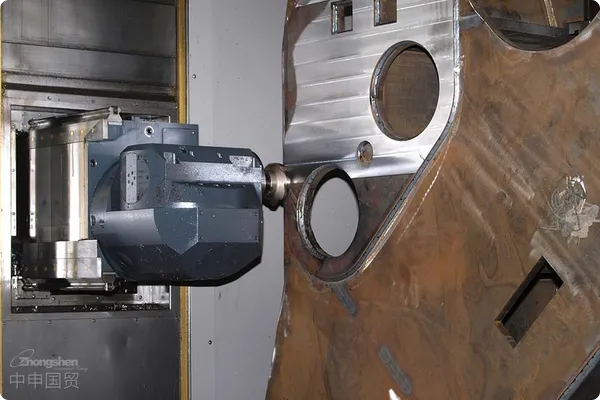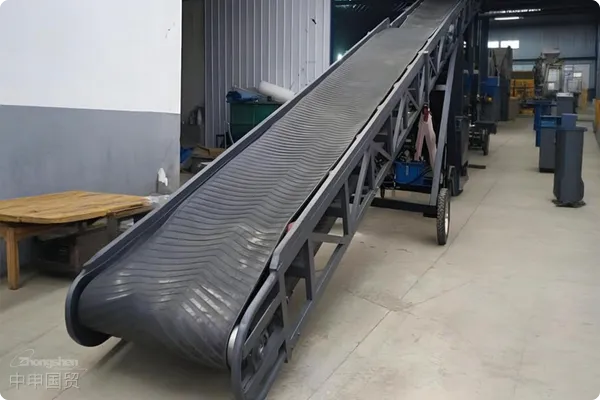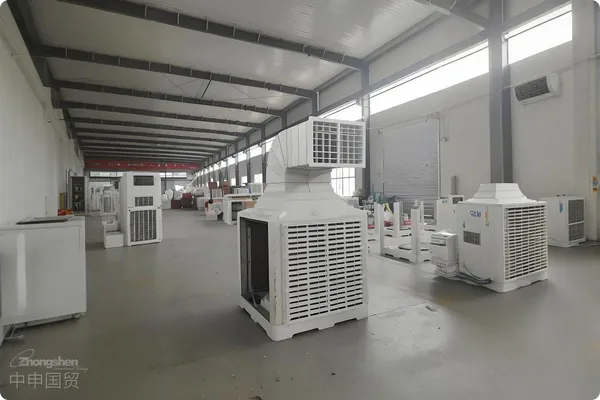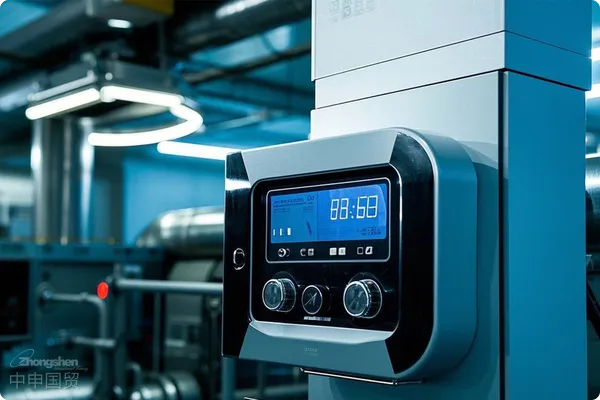- Shanghai Zhongshen International Trade Co., Ltd. - Two decades of trade agency expertise.
- Service Hotline: 139 1787 2118
FacingEquipment Exportunexpected events during the process, are you prepared with response strategies? Whether its contract performance difficulties caused by force majeure or challenges in logistics and installation, preventive measures are crucial. This article will provide an in-depth understanding of how to effectively reduce risks through reasonable contract terms and contingency plans, ensuring your equipment export business proceeds smoothly under any circumstances.

During the export process of equipment products, unexpected situations (such as natural disasters, epidemics, political turmoil, etc.) may affect contract performance, equipment transportation, installation, and commissioning. To address these emergencies, exporters can adopt the following strategies:
I. Contract Clause Recommendations
Payment Terms:Specify payment steps and conditions: Define payment conditions for each stage in the contract, such as deposit, payment before shipment, payment upon arrival, and payment after commissioning. Clarify payment timing, amounts, and methods to reduce disputes caused by unexpected events.
Force Majeure Clause:Define force majeure events and their impact: Enumerate situations that may constitute force majeure, such as war, natural disasters, government actions, epidemics, etc., and specify conditions for contract performance exemption or extension after force majeure events occur.
Governing Law Clause:Specify the applicable legal system: Clearly define the governing law and jurisdiction of the contract, such as choosing the laws of the exporting country or a third-party country, to avoid disputes caused by legal conflicts.
Liability Limitation Clause:Clarify liability limitations under force majeure: Specify in the contract how responsibilities are allocated between parties in case of force majeure to avoid unnecessary legal liabilities when contract performance becomes impossible due to unexpected events.
Dispute Resolution Clause:Establish mechanisms and procedures for dispute resolution: Choose arbitration, mediation, or litigation as dispute resolution methods, and specify the location and language for resolution to ensure clear handling pathways after unexpected events.
Quality Inspection Clause:Define equipment inspection standards and procedures: Specify inspection standards and procedures before equipment leaves the factory, upon arrival, and during installation and commissioning to ensure quality control even in unexpected situations.
Quality Dispute Period Clause:Set time limits for buyers to raise quality disputes: Specify the period within which buyers must raise quality disputes after receiving the equipment, beyond which the equipment is deemed to meet contract requirements.
Retention of Title Clause:Define conditions for ownership transfer: Clearly specify when equipment ownership transfers from seller to buyer (e.g., after full payment) to protect the sellers legal rights in unexpected situations.
II. Contractual Provisions for Emergency Situations
Goods Handling:In the event that an emergency situation renders the contract unperformable, the contract should include provisions for goods handling, such as clauses for delayed delivery, return arrangements, or warehousing solutions.
Payment Handling:Clearly define payment handling methods, such as how to process already made payments in case of undeliverable goods due to emergencies—whether to refund, retain for subsequent deliveries, or convert into other forms of payment, such as deposits or advance payments.
III. Alternative Solutions
Amicable Negotiation:Resolve issues through communication and negotiation: Maintain good communication with the importer and strive to resolve issues through amicable negotiation. If necessary, adjust contract terms or execution plans promptly via video conferences or phone calls.
Remote Assistance:Remote guidance for equipment debugging and installation: Utilize modern communication technologies (e.g., video calls, remote desktop, AR/VR technology) to provide remote assistance, guiding the importer through equipment debugging and installation to ensure proper operation.
Local Engineer Support:Engage local engineers for equipment debugging: Identify suitable engineers or technical teams in the importing country for on-site equipment installation and debugging, supplemented by remote technical support and documentation to ensure compliance with installation requirements.
IV. Preemptive Measures for Emergencies
Contingency Plans:Prepare emergency response plans for various unforeseen situations before contract execution, such as backup equipment solutions, alternative transportation routes, and spare parts inventories.
Insurance Coverage:Ensure comprehensive insurance coverage for goods during transportation and installation, covering potential risks arising from emergencies.
Resource Stockpiling:Establish spare parts inventories and technical support networks in the destination country to enable rapid response and problem resolution in emergency situations.
Unforeseen emergencies often present significant challenges, but with well-designed contract clauses and comprehensive response strategies, exporters can better navigate various contingencies that may arise during the export of equipment products, ensuring smooth contract fulfillment and minimizing potential risks and losses.
. For more relevant information and content, welcome to followHow to ensure smooth contract fulfillment when emergencies affect equipment exports?.ZhongShen International TradeAs a one - stop importExport Representationservice provider, it can provide customizedimport and exportSolution. If you needforeign tradeFor import and export agency services, please feel free to contact our company for business inquiries. The consultation hotline is 139 - 1787 - 2118.
Related Recommendations
Category case
Contact Us
Email: service@sh-zhongshen.com
Related Recommendations
Contact via WeChat

? 2025. All Rights Reserved. 滬ICP備2023007705號-2  PSB Record: Shanghai No.31011502009912
PSB Record: Shanghai No.31011502009912









